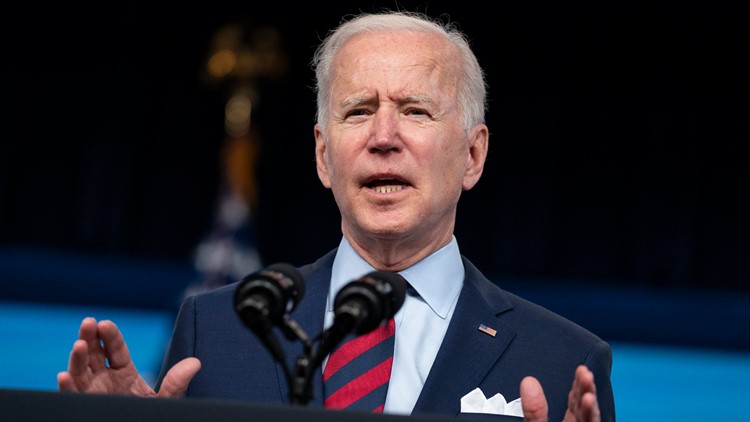ST. LOUIS — After months of debate, trial balloons, amendments, and gnashing of teeth, a major question looming over President Joe Biden’s roughly $2 trillion education, health care and climate package finally is coming into focus.
How will it affect taxpayers? It's especially relevant as year-end tax planning strategies are crafted and filing season is around the corner.
The U.S. House of Representatives has passed what the Biden administration calls the Build Back Better bill. The Senate is now taking it up. Two St. Louis area tax experts examined the House-adopted legislation and offered their insights to the Business Journal on what taxpayers need to know.
For many families, the biggest change is the extension of the enhanced child tax credit through 2022, said Jeffrey Levine, chief planning officer of Buckingham Strategic Wealth.
The credit was increased this year up to $3,000 per child from ages six to 17 and $3,600 per child under six years old.
“That can be phased out with very high income, but that’s a big deal for a family. That could be another $4,000 or $5,000 of tax savings on top of the current ‘regular’ credit,” Levine said.
The House bill also boosts the deduction for state and local taxes, raising the cap from $10,000 to $80,000 through 2030. The cap in the House bill is $40,000 for trusts, estates, and those who are married and filing separately. It also makes that change retroactive to the start of 2021.
“Those with more than say, $400,000 of income — who were certainly thinking earlier this year that they would have a much higher tax bill next year — in a lot of cases they may find themselves with a significantly lower tax bill next year,” said Levine, adding that the Senate may alter the provision.
Business owners need to be aware of major provisions in the bill, including a new surcharge on individuals, trusts and estates that takes effect next year, said Jeffrey Glogower, a shareholder with the Polsinelli law firm.
Click here for the full story.



